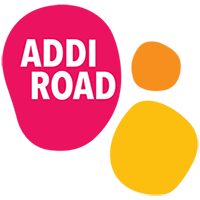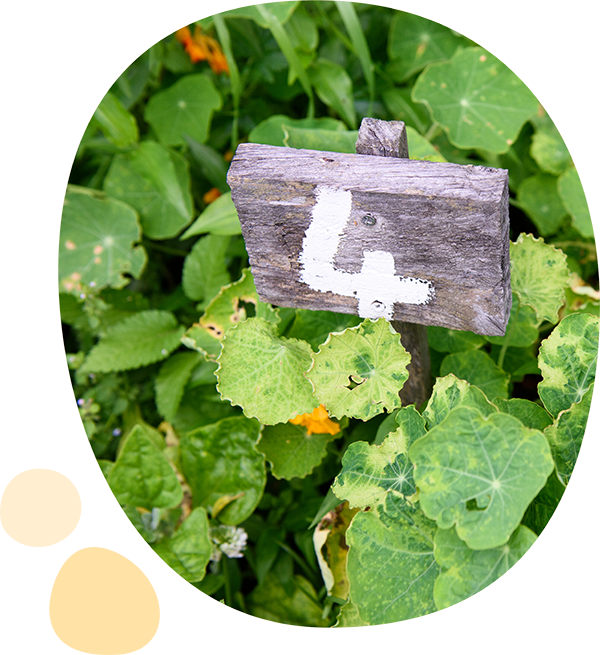
We enhance and improve the environmental sustainability of the Addison Road Community Centre in many ways.
Net zero
- Our rooftop solar powers our food rescue collection vehicle. 100% electric, our van, named Flynn after one of our volunteers, became our second collection food rescue vehicle in 2021. Flynn is plugged in and recharged each day.
- Our new community kitchen in our Gumbramorra Hall is solar powered via rooftop solar and batteries installed in 2022. The kitchen allows us to prepare meals for our two Addi Road Food Pantries. For community members lacking skills because of disadvantage and poverty, we plan to run cooking workshops.
- In 2022 we installed a solar-roofed carport to create a public duel EV charging station.
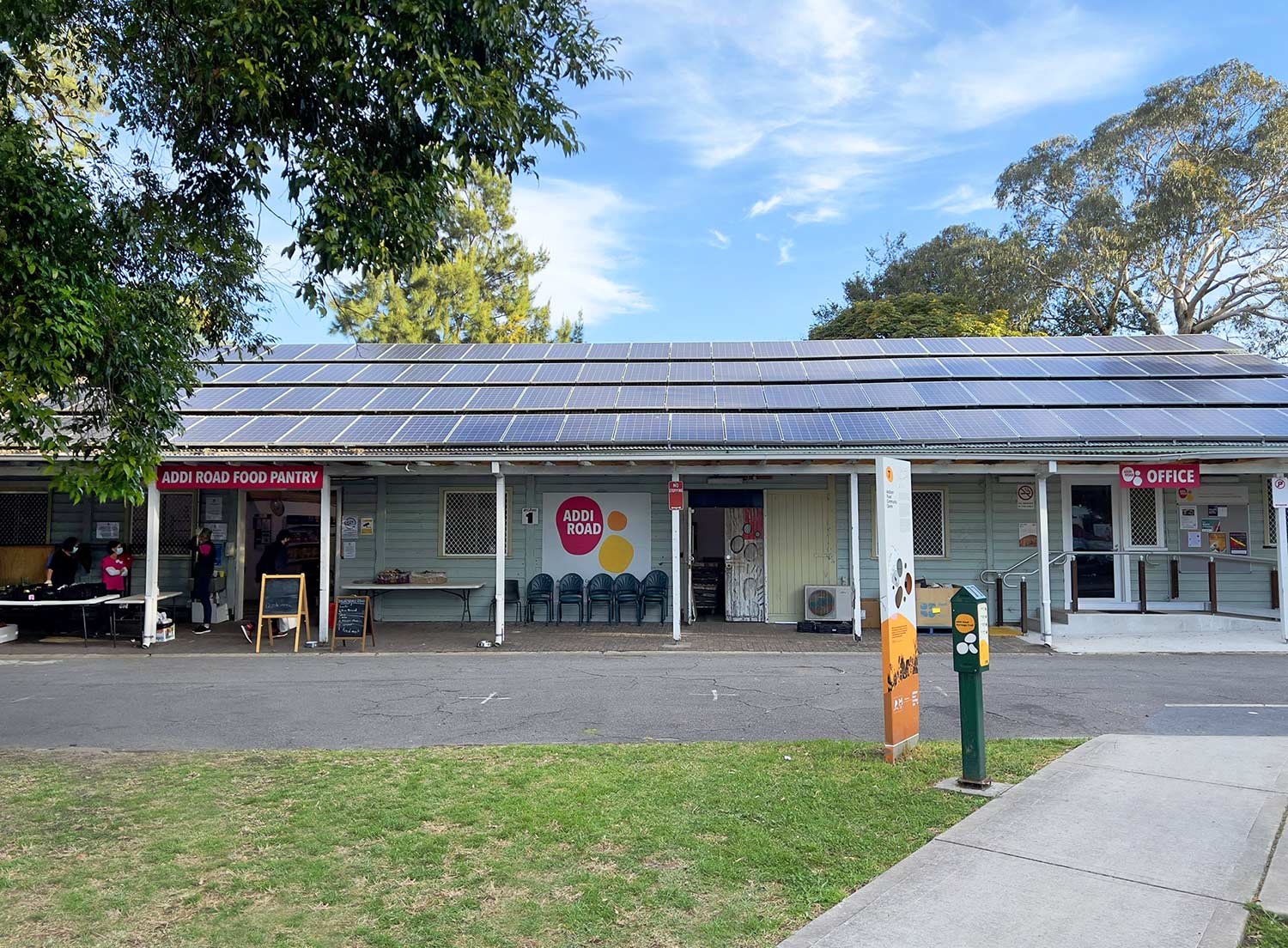
The fridges, freezers, lights, computers and air-conditioning in our Marrickville Addi Road Food Pantry and office (pictured above) are fully powered by our rooftop solar (since 2017). Every year this reduces our CO2 emissions by 16 tonnes.

Reducing waste
We rescue food to make excess healthy food accessible to people experiencing food insecurity.
Community recycling supports other charities
We initiated the introduction of a container deposit station here at our community centre back in 2017 to boost community recycling. It is the busiest Return & Earn in the southern hemisphere!
Our ‘reverse-vending machine’ increases community recycling, reduces litter and raises funds for dozens of charities with a 10c refund paid for each container.
Refund or donate
Every bottle, can or glass recycled is eligible for a 10c refund or donation to a listed charity, including our food relief service here at Addi Road.
Mixed waste, that goes into garbage bins throughout our community centre, is sorted and recycled by the full waste-recovery service we commission.
Rescuing food, fighting hunger
The right to good food is human right
Sydney households are going hungry as tonnes of perfectly good food is being thrown out. We rescue food to make excess healthy food more accessible to people experiencing food insecurity. We divert 8 tonnes of good food each week from going to landfill.
What food can you or your business, donate?
We accept fruit & vegetables, unopened packaged foods, household groceries, including: products close to ‘best before’ or ‘use by’ dates, excess and slow-moving stock or deleted lines, products incorrectly labelled, products with damaged packaging and sample produce.
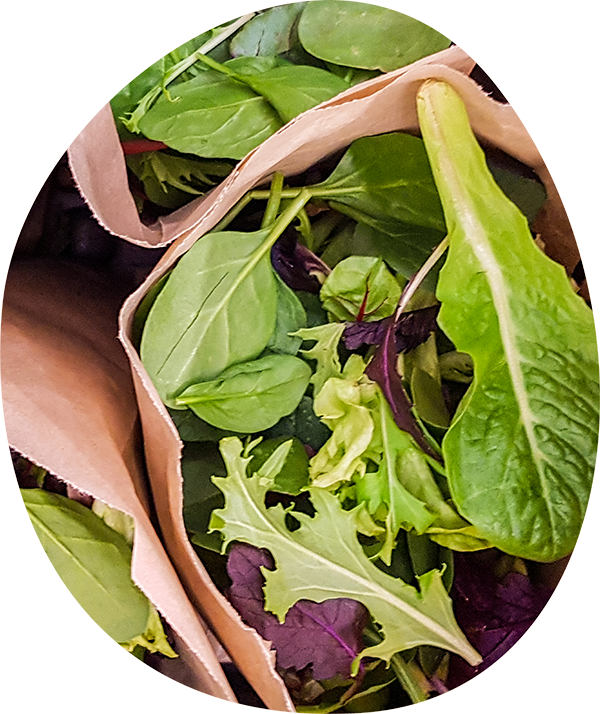
Flooding & stormwater
On the edge of the pre-colonial swamp
Addi Road Community Centre is located on the site of a former temporary wetland which flowed to the former Gumbramorra Swamp – one of the reasons the land remained undeveloped while all around was subdivided in the early 1900s.
Rain garden filters stormwater
The site’s natural history means Addi Road continues to face flooding after heavy rain. Stormwater management is a big issue for us and contributes to the high number of pot holes in our carpark.
2022 saw the completion of a rain garden, three interconnected ponds on the northern side of our Gumbramorra Hall, planted with 3,500 plants native to the area. Stormwater uphill from Addi Road is diverted into the rain garden to slow the flow and to filter the water so it is clean before it goes into the Cooks River.

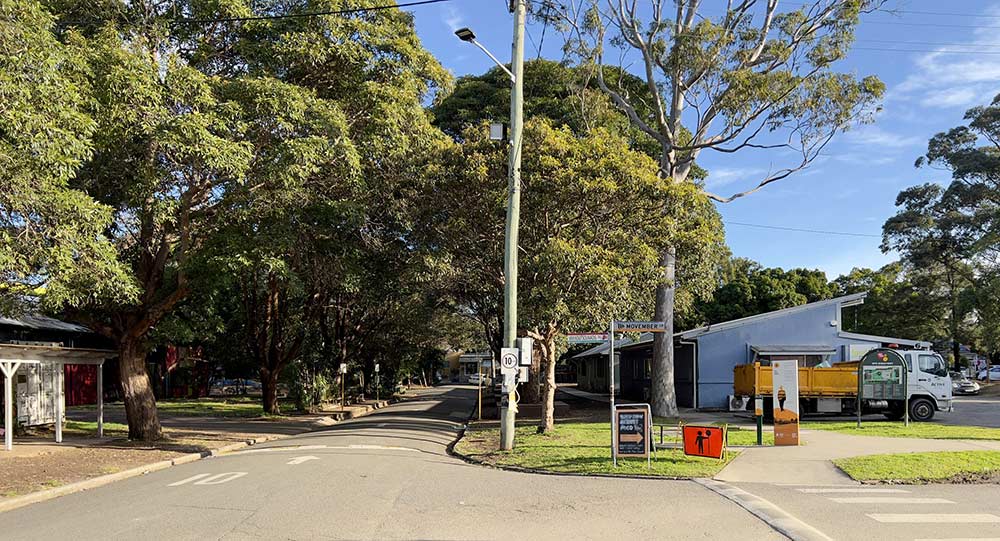
Cooling the city
We care for and maintain the 170 trees, employing arborists each year to do this specialist work. These trees offer habitat for birds, insects and animals, along with shade, retain water and reduce urban heat.
A significant canopy of heritage Queensland box trees line our entry road, Vivi Koutsounadis Drive. To protect the roots of these grand trees from soil compaction and erosion we constructed wooden decking platforms around each tree in 2018. These platforms also provide space for recreation, social interaction and community events.
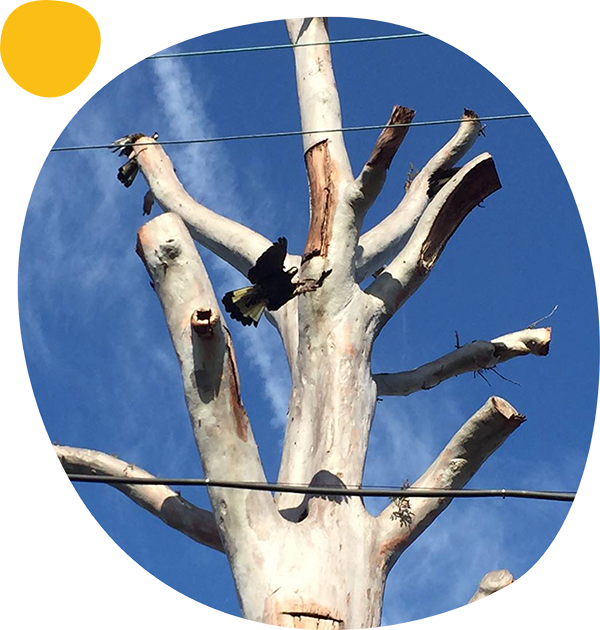
Addi Road established an Urban Habitat program in 2013 to foster wildlife habitat in our urban environment and enhance the benefits of green space at our Centre. The program is based around our Urban Habitat Tree which provides a safe haven and home to threatened bird species in the area.
We led the first wildlife monitoring program of its kind in NSW to evaluate the effectiveness of Urban Habitat Trees. We set up motion-activated cameras and microbat detectors. Citizen scientists recorded wildlife activity and fed data into the Hollows As Home study, run by the Royal Botanic Garden Sydney.
At Addi Road we host a thriving community garden, a nursery and composting.
Addison Road Community Garden, behind the Greek Theatre, is run by volunteers and provides a space to grow food locally and build community amongst interested locals. You’re welcome to get involved.
Addi Road collaborates with local organisation HoboGro who provide education on composting, fertilizing and waste reduction to locals and students across the Inner West.
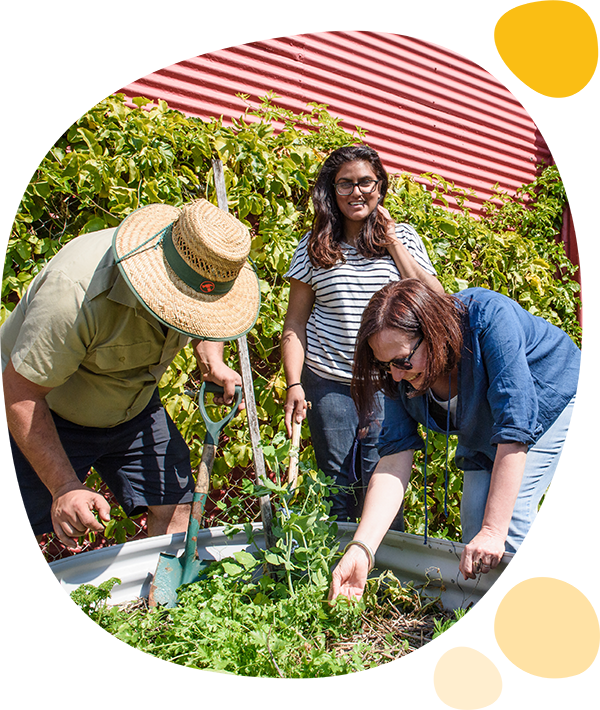
Making our city more green, cool, clean, happy and healthy
The success of our Urban Habitat Tree started a conversation with our arborist that grew to Rethinking the Urban Forest, a conference we initiated and hosted at Addi Road.
To discuss and provide a road map for growing the role of the urban forest in metropolitan Sydney, researchers, practitioners, planners, activists, policy-makers and politicians came together to address the political, legal, bureaucratic and cultural barriers.

